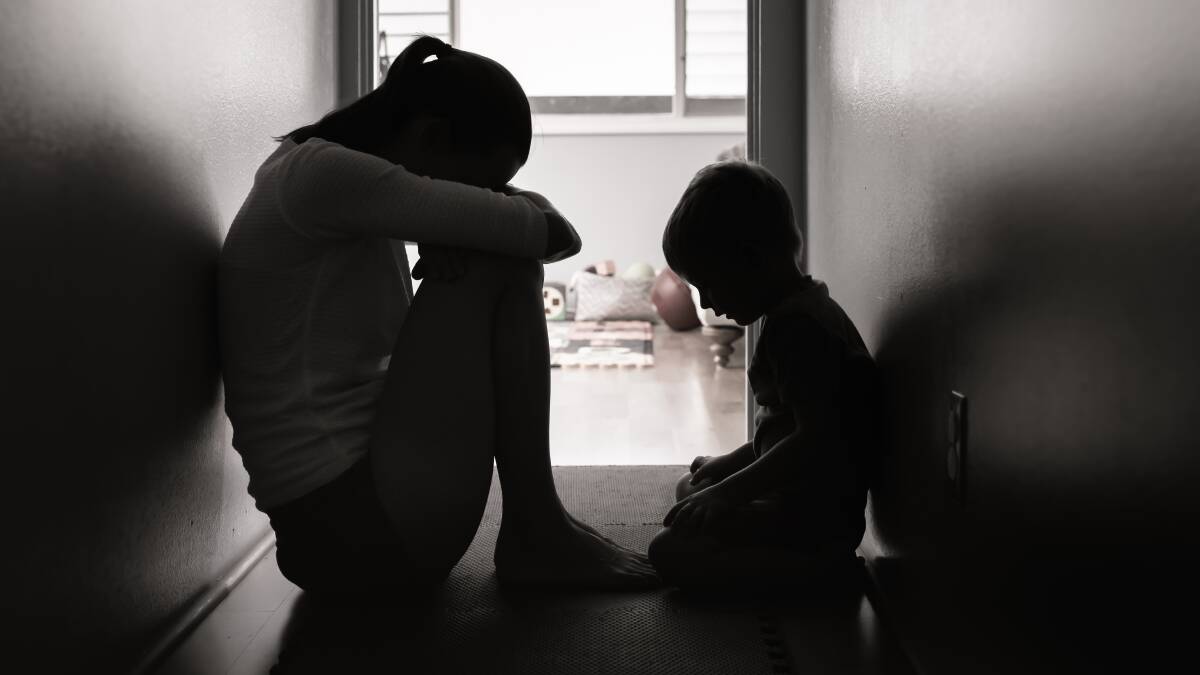
Devastating new research reveals one in five adolescents uses violence against parents, siblings and carers - and mothers and siblings were most at risk of harm.
Subscribe now for unlimited access.
or signup to continue reading
Of those using violence, two-thirds said they had used violence against a sibling - and half admitted to using violence against their mothers.
Lead researcher Kate Fitz-Gibbon, director of Monash University's Gender and Family Violence Prevention Centre, says the figures reveal a strong correlation between those who have been victims of violence and those who go on to perpetrate violence. The research, conducted on behalf of Australia's National Research Organisation for Women's Safety (ANROWS) shows nearly 90 per cent of young people who were violent towards family members reported previous experiences of child abuse.
"This study clearly evidences, for the first time, the significant overlap between experiences of child abuse and the use of family violence by young people," she says.
"There is a critical need in Australia to develop trauma informed strategies to prevent and better respond to intergenerational family violence."
The National Children's Commissioner Anne Hollonds has called for new laws prohibiting violence against children.
"The experience of violence, either physical or verbal, has immediate consequences on children and the community needs to understand that - 63 countries in the world have banned smacking and the world hasn't fallen in," she says.
Nearly one-third of young people with a disability reported that they had used violence in the home - and 70 per cent of young people with a disability reported they had experienced child abuse before the age of 18. The study clearly demonstrates that young people with disability are at heightened risk of both experiencing and using family violence.
"There is an urgent need to develop the trauma-informed supports and age appropriate early interventions for children with disability," says Fitz-Gibbon.
MORE JENNA PRICE:
The CEO of Relationships Australia (Canberra and region) Stephanie Hodson says the organisation provides special courses for those experiencing violence at the hands of their children, including learning non-violent resistance training.
"People shouldn't be embarrassed - it is much more common than people think," she says.
Hodson also says counsellors developed specialised responses during COVID because young people were struggling to manage their feelings during lockdowns and other restrictions.
"When you are around other people in school or during team sports, you learn to control and regulate your emotions. But many young people were not at school and were not as involved in social activities or sports.
"We are concerned about what that will mean for them in the long term," she said.
"Our counsellors try to teach skills which will break any cycle of violence," she says.
ACT Policing says that in the 2021-22 financial year, there were 46 juvenile apprehensions involving young people as perpetrators of family violence. Since July 1, there have been five such instances.
A spokesperson said police are aware these types of crimes may go unreported.
"We encourage anyone that has been a victim of family violence to contact police. ACT Policing takes family violence matters seriously and where possible seeks to engage in restorative justice with those young people and their families."
Fitz-Gibbon says the government must commit to driving down the prevalence of domestic violence in Australia.
"This will require substantive whole of system commitments across prevention, early intervention, response and recovery. This report illustrates the significant impacts on children if Australia continues on the same trajectory where domestic and family violence is a national crisis," she says.


